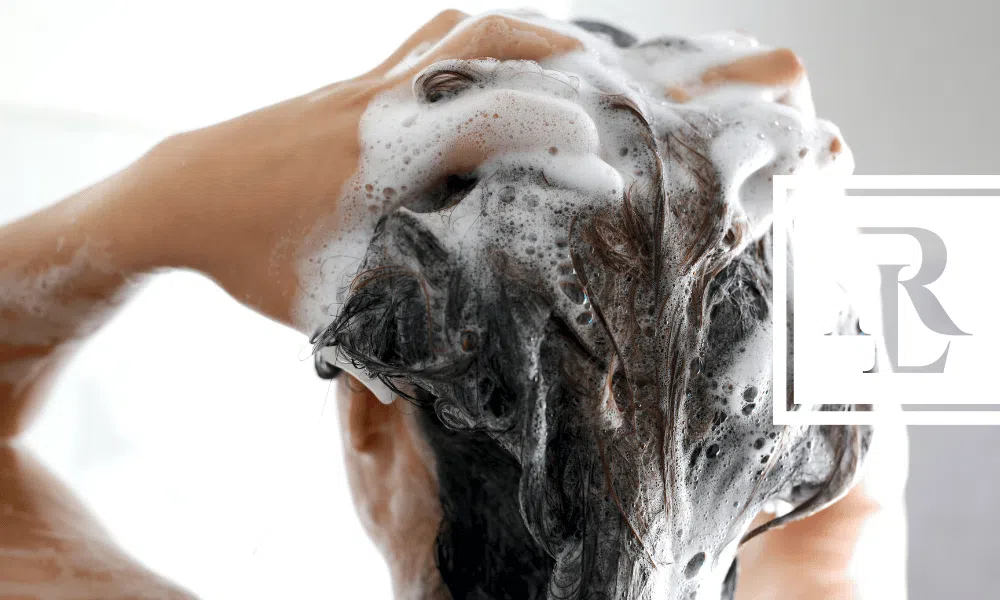Unilever announced a recall for 19 dry shampoo products after Valisure, an independent testing laboratory reported high levels of benzene in the dry shampoo products. These aerosol sprays are a multi-billion-dollar market used daily by millions of people worldwide to soak up excess oil on the scalp. However, the first ingredient in these products is benzene, an industrial chemical found in crude oil and gasoline. When consumers spray the dry shampoo, they breath in the benzene and it is absorbed into their scalp. The carcinogen is used to make pesticides, plastics, dyes…etc., nothing you want absorbed into your skin. The study reported over 10 times the FDA benzene concentration limit of 2 parts per million.
Harmful Effects of Benzene
Exposure to benzene for a year or more causes life-threatening effects on different areas of the body, often causing cells to work improperly. According to the CDC, the major effect of the chemical is on the blood by decreasing red blood cells which leads to anemia, excessive bleeding, a weak immune system, and infection. Additionally, the Department of Health and Human Services (DHHS) has determined that benzene causes cancer in humans. Long-term (over a year) exposure to high levels of benzene in the air can cause leukemia, a cancer of the blood-forming organs. Breathing in benzene even decreased the size of women’s ovaries and caused irregular menstrual periods. Children may be exposed to higher levels of this harmful vapor and may experience worsened side effects due to the higher levels of benzene vapor found closer to the ground as well as their smaller lung capacity.
Dry Shampoo Products Affected
The brands containing elevated levels of benzene include but are not limited to; Dove, Nexxus, Suave, TIGI (Rockaholic and Bed Head), and TRESemmé. According to Unilever, the affected items were distributed nationwide in the U.S. and Canada, so retailers have been notified to remove any remaining unsold products from shelves. Unilever responded to the contamination crisis by stating “If you purchased any of these products with the affected UPC and lot codes, you should stop using them. Consumers with affected products will receive a refund or reimbursement. For multiple products, proof of purchase will be required in the form of a receipt or photo of the lot code on the bottom of the products.”
The product was contaminated from the formula’s propellant that sprays the dry shampoo and was said to be provided by a raw material supplier. That being said, the recall only applies to dry shampoo products in aerosol canisters. Other products that contain benzene include aerosolized versions of conditioners, deodorants, and sunscreens. Homer Swei, a senior vice president at the Environmental Working Group said you will start to see more and more of these companies start to assess and investigate the supply chain of their raw materials.
Filing a Product Liability Claim
If you have experienced the short or long-term effects of a dry shampoo product, you may be able to file a product liability lawsuit. Many product liability lawsuits are strict liability claims, meaning rather than proving the defendant was negligent, an attorney can make a case because the defendant made or sold a product that caused harm.
Contact a Product Liability Lawyer
If you used dry shampoo products frequently and were later diagnosed with leukemia or another type of blood cancer, call our office today at (617) 440-5287 for a free consultation. By suffering a personal injury at the hands of a recalled product, you may have the right to compensation through product liability. Contact Rob Levine Law for legal representation today!





